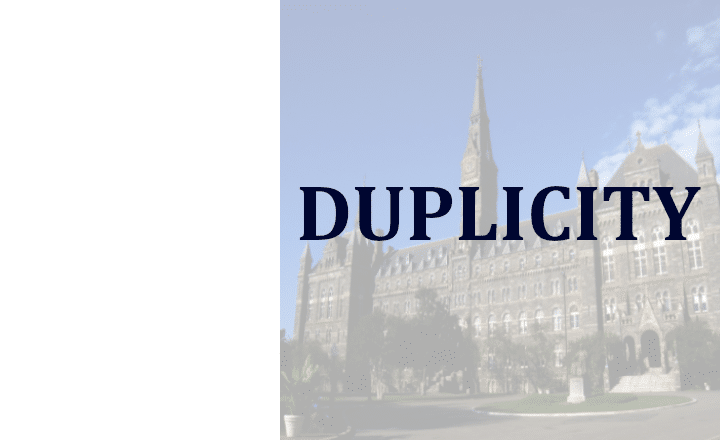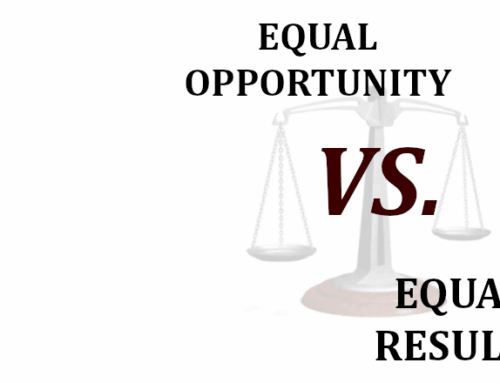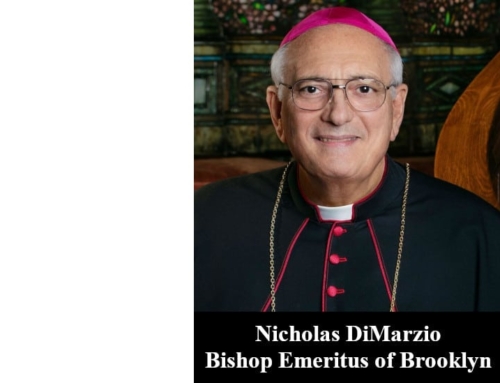July 24, 2025
We recently issued two statements on what is happening at Georgetown University: “Georgetown’s Muslim Problem” and “Why Georgetown Has a Muslim Problem.” We concluded that its astounding tolerance for anti-Semitism is not unrelated to its being greased by Qatar to the tune of over $1 billion. Yet this Jesuit school publicly proclaims a great interest in human rights and social justice. Qatar’s record on this score, however, is atrocious.
Here is what Georgetown has to say about human rights.
Georgetown Law Human Rights Institute is the “focal point of human rights at Georgetown Law.” It aims to be the “premier training academy for the next generation of human rights advocates.” Law students can also avail themselves of the university’s Human Rights Associates Program. Students are introduced to “the breadth of human rights law and practice,” allowing them to “navigate academic and career choices.”
There is a special organization, The O’Neill Institute, Center for Health and Human Rights, that “focuses on the nexus of health and national and international human rights law.” There is also an annual meeting, the Samuel Dash Human Rights Conference, that “brings together leading figures in the human rights field to discuss and debate a current human rights issue.”
A look at the Georgetown course catalog reveals 39 classes on human rights for the fall semester of 2025. In addition, there are four student organizations dedicated to human rights. Moreover, Georgetown University Press lists 57 books on the subject of human rights.
Here is what Georgetown has to say about social justice.
The Center for Social Justice Research has many goals, among them being the development of “curricular offerings that incorporate social justice issues.” The Pathways to Social Justice Curriculum is one of the vehicles that Georgetown uses to accomplish this end. The Alternative Breaks Program is designed to “foster intersectional solidarity and inspire lasting commitment to service and social justice.”
The Education and Social Justice Project is a fellowship that allows students “to conduct in-depth examinations of innovative educational initiatives.” The Center for Social Justice Faculty Fellows Program is an inter-departmental effort that seeks to highlight the work of faculty in this area.
There are 47 student organizations dedicated to social justice. Annually, there is a Social Justice Send-Off commencement event that “celebrates students who have engaged in social justice work and public/community service work.”
The list of human rights and social justice initiatives is striking. Just as striking are the human rights and social justice abuses currently being practiced by one of its most generous donors, the nation of Qatar.
The U.S. Department of State’s Country Reports on Human Rights Practices in 2023 has much to say about Qatar. Among the list of human rights abuses are the following:
- Arbitrary arrest
- Political prisoners
- Serious restrictions on free expression
- Substantial interference with the freedom of peaceful assembly and freedom of association
The report notes that “Citizens did not regularly discuss sensitive political and religious matters in public fora, but they did so in private and carefully on social media. The law prohibited criticism of the emir.”
The government has the right to censor the media and “close outlets and confiscate assets of a publication.” Conveniently, all print media are owned by the ruling family or those closely associated with it.
The State Department’s 2023 Report on International Religious Freedom says that “Conversion to another religion from Islam is defined as apostasy and is illegal.” Also, those found guilty of offending or misinterpreting the Quran can be imprisoned for up to seven years. This includes insulting the prophets or committing blasphemy against Islam.
Catholics, and other non-Muslims, are prohibited from “displaying religious symbols, which includes banning Christian congregations from advertising religious services or placing crosses outdoors where they are visible to the public.” All religious publications are subject to censorship.
Such is the state of human rights in Qatar today.
Apparently, none of this matters to Georgetown. It talks a great game when it comes to human rights and social justice, but it is deadly silent on these abuses as practiced by one of its most prominent benefactors. How a university that professes to be Catholic—with a big emphasis on its Jesuit roots—can live with itself under these circumstances is disturbing, to say the least.
It is also disturbing to note that while Georgetown has pledged to raise $100 million for the descendants of the 272 enslaved people that the Jesuits sold in 1838, it has had no problem employing Jonathan Brown, the anti-Semitic professor who has justified slavery and rape (as long as the offenders are Muslims).
Georgetown’s Center for the Study of Slavery and its Legacies should investigate this phenomenon. It is a classic case of what psychologist Leon Festinger called “cognitive dissonance,” the uncomfortable condition that exists when experiencing two internal inconsistencies.
Also, the alumni need to take the lead in resolving this situation. The governing boards, the administration and the faculty have shown themselves to be morally delinquent and guilty of rank duplicity.
Contact Georgetown’s interim president, Robert Groves: presidentsoffice@georgetown.edu









